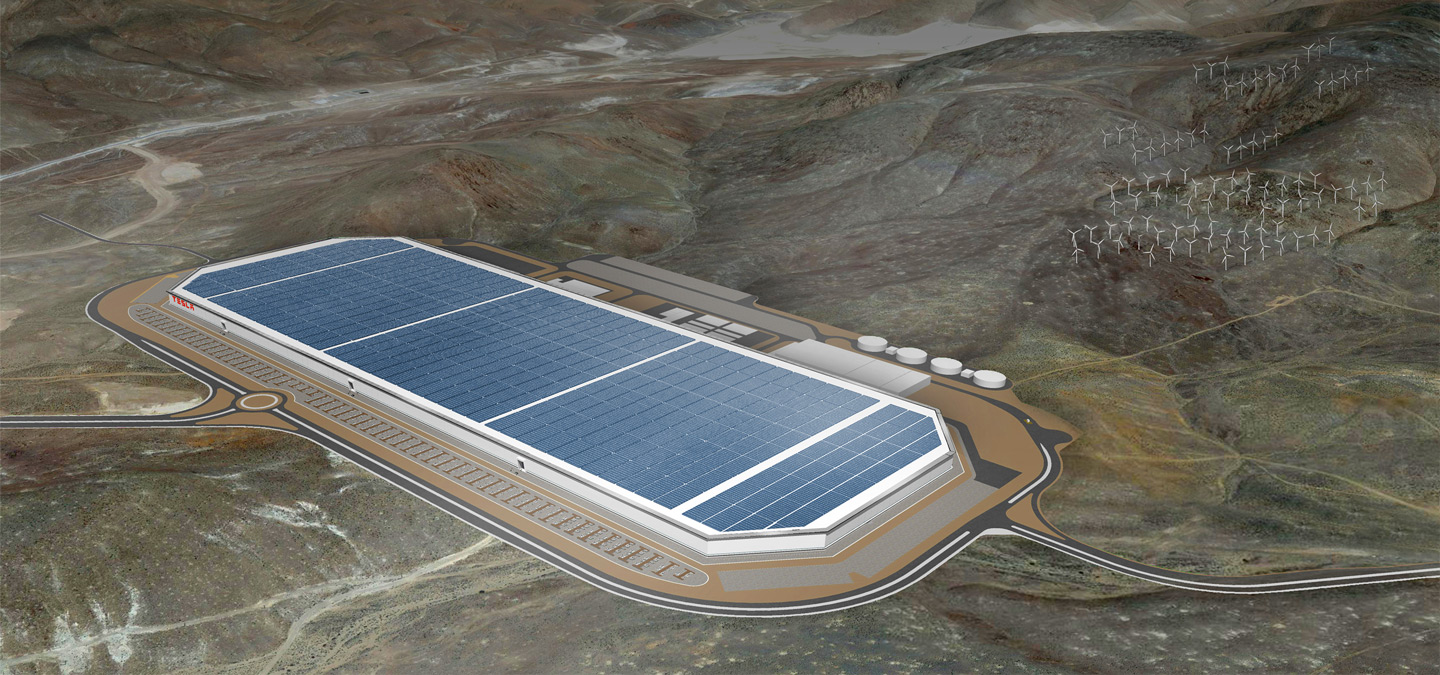Tesla has a unique approach to marketing relative to other companies in the automotive industry. Its advertising spend is less than $6 per vehicle and it intends to disrupt the traditional business model of distributing through car dealerships, and instead sell directly to consumers. It sells its cars online through its website and uses social media platforms, such as Twitter, to allow customers to interact freely with the company, and even communicate directly with its CEO. Tesla’s own branded stores, dispersed across 28 countries around the world, are carefully positioned in inner city spots to provide a highly customised buying experience. Customers can design their own Model S using interactive displays and design studios, as well as be educated on Tesla’s bigger mission of moving the world towards sustainable energy.
The Digital Factory
